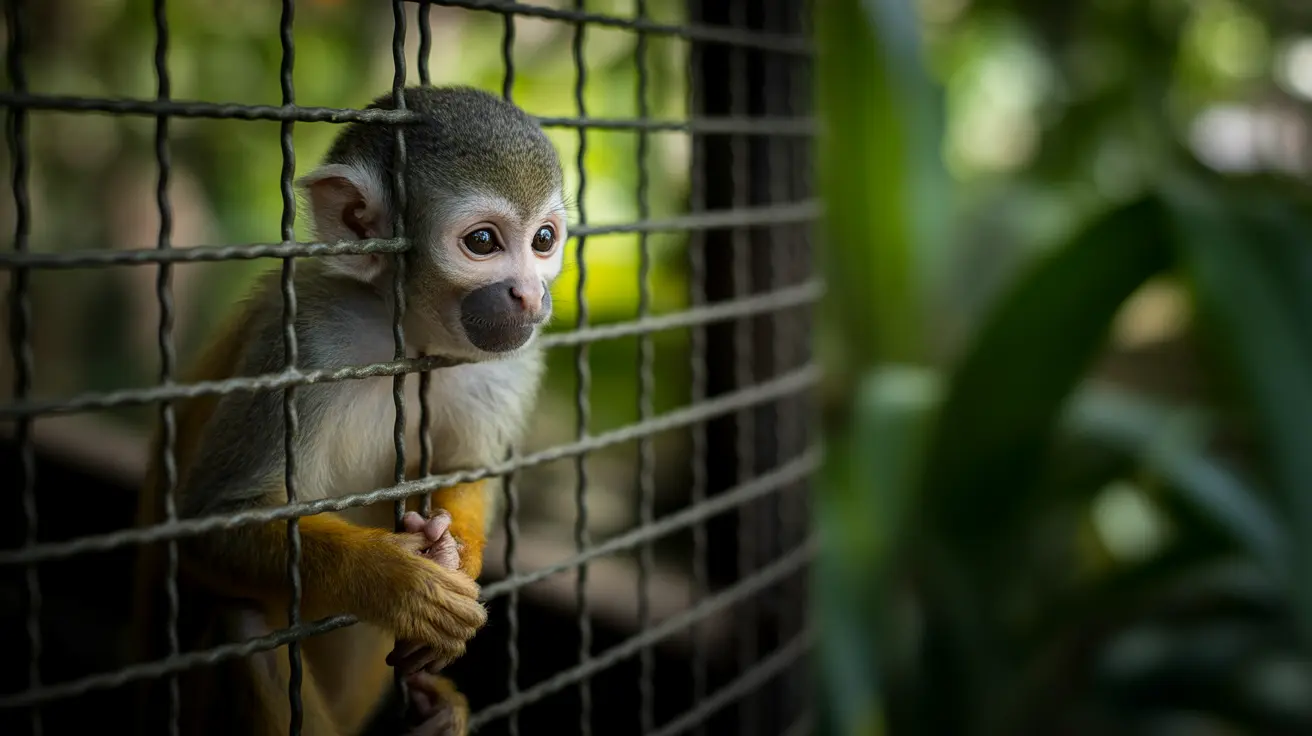How to Kill 100% of Fleas: Comprehensive Guide for Pet Owners
Fleas are resilient, blood-feeding parasites that can quickly turn from a minor nuisance into a full-blown infestation. Although it may seem daunting, achieving near-total eradication of fleas is possible with a strategic, multi-faceted approach.
Understanding the Flea Life Cycle
To effectively eliminate fleas, it’s essential to address all stages of their life cycle:
- Egg: Laid on pets but often fall into the environment (carpets, furniture)
- Larva: Avoid light and prefer dark, humid spaces like carpet fibers and pet bedding
- Pupa: Cased in a cocoon that protects them and can remain dormant until environmental triggers are met
- Adult: Lives on the pet, feeds on blood, and reproduces
Why Eliminating Fleas is Challenging
Fleas are highly adaptable and capable of surviving in both outdoor and indoor environments. They thrive in warm, humid climates but can also persevere through winter due to modern indoor heating conditions. Only about 5% of a flea infestation involves adult fleas on a pet. The rest — eggs, larvae, and pupae — are scattered throughout the home or yard.
Outdoor Flea Survival
Outdoors, adult fleas generally perish when temperatures remain below 0°C (32°F) for more than five consecutive days. However, flea larvae and pupae can survive in warm microclimates such as:
- Animal shelters and dens (e.g., raccoons, opossums)
- Beneath leaf litter or in moist soil
- Urban heat pockets created by man-made structures
Indoor Infestation Risks
Fleas can easily survive and reproduce indoors due to controlled temperatures and ample hiding spots. Homes with central heating provide year-round protection for fleas, allowing them to complete their life cycles and reinfest pets even in the colder months.
What Kills 100% of Fleas?
To eliminate 100% of fleas, you must target adults, eggs, larvae, and pupae across all environments. Here's how:
1. Treat All Animals
- Administer veterinarian-recommended flea preventatives on all pets year-round
- Use oral or topical treatments that kill adult fleas and interrupt development stages
2. Deep-Clean Living Spaces
- Vacuum carpets, rugs, furniture, and borders multiple times per week
- Immediately dispose of vacuum contents to avoid re-infestation
- Regularly wash pet bedding, plush toys, and blankets in water at least 60°C (140°F)
3. Environmental Control
- Trim outdoor grass and foliage to eliminate flea habitats
- Remove leaf litter and moisture-retaining debris
- Use flea sprays or insect growth regulators indoors and in pet-frequented areas
4. Continuous Monitoring and Grooming
- Use a flea comb to check pets for adult fleas and larvae regularly
- Watch for scratching, hair loss, or flea dirt near the tail and underbelly
5. Professional and Veterinary Assistance
- Consult with your vet for the most effective, safe flea control products
- Hire professional pest control for severe home infestations
Can Fleas Be Killed Completely?
Yes, but only with consistent application of effective treatments and environmental hygiene over time. Flea eggs and pupae are particularly difficult to eliminate because of their dormancy and protective structures.
Key Takeaways
- Flea infestations can persist indoors year-round
- Temperature alone won’t kill every flea — heat and cleanliness are crucial
- Multi-pronged treatment is necessary for full eradication
- Ongoing prevention keeps infestations from returning
Fleas are persistent and adaptive, but they are not invincible. Through diligence and a comprehensive approach, pet owners can achieve full flea eradication and enjoy a pest-free home.





